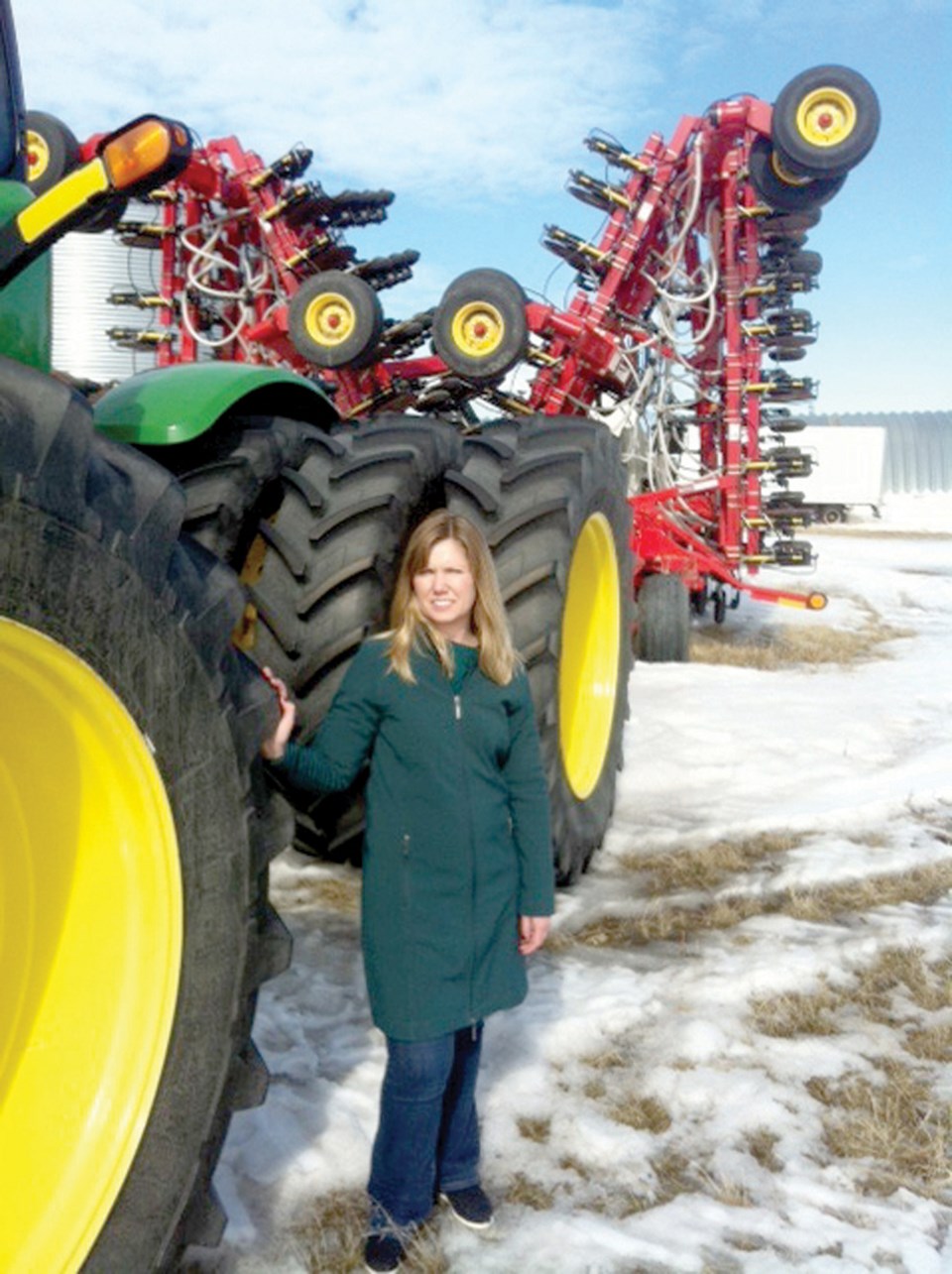Here in Saskatchewan, agriculture is a massive part of people’s lives. It’s a big part of the economy and it’s a usual topic of conversation; even the weather is discussed in the context of how it would affect agriculture. Considering all that, it seems only natural that the Saskatchewan government once again designated March 1 to 7 as Agriculture Literacy Week.
“This week’s theme is about farm stewardship and the great job our producers do operating their farms in an environmentally friendly and sustainable way,” said Agriculture Minister, Lyle Stewart. “A lot of our kids grow up disconnected with agriculture, sometimes up to two or three generations. This is a way for them to learn about modern-day agriculture in a fun way.”
The purpose of getting kids to learn about agriculture is to also encourage them to think about contributing to the industry when they’re choosing their careers. It seems that over the last decade or so, the number of people participating in this field was declining, so the government started a campaign to raise awareness about the opportunities available.
Since they began their campaign, Stewart said the University of Saskatchewan’s College of Agriculture has had record enrollment. There are agricultural possibilities in almost every career path such as research, science, marketing, law, accounting, etc.
“Whatever a young person’s interest, they can often be applied to the agriculture industry,” said Stewart. “One thing for sure is that demand is not going to diminish.”
Like last year, the government partnered up with Agriculture in the Classroom (AITC), which sends out various volunteers to school classrooms to teach kids about agriculture. Often these volunteers are already involved with that sector in one way or another.
In Humboldt, Sara Lemmerich visited a Grade 4 classroom at the Humboldt Public School to teach kids about her own experiences working and growing up on a farm. After doing it last year, she was more comfortable improvising and making things fun this year. She read a book to them, showed them pictures of her own farm equipment and the animals on her brother’s farm, and played farm bingo.
“The bingo was my idea. It was just something new to get them excited,” said Lemmerich. “I think even the pictures and talking about our farm and our experiences seem to go over well.”
According to Lemmerich, not many of the kids live on a farm, but a lot of them had family who did. She made a point of making them realize how important agriculture was to them, right down to the food they ate. Lemmerich said presenting to them wasn’t hard, especially since she’s pretty sure her storytelling was more fun than math.
“Actually this year, their teacher got me to stand by the door since it was close to recess, she made each of them tell me something they learned,” she said. “One girl told me that she learned that farming was more important than she thought it was.”
Hopefully by getting the children thinking about it when they’re young, it’ll be something they consider later in life when trying to pick a career or when they’re applying for jobs. For now, AITC has been sending out representative with materials appropriate for grades 4-8, all of which differs based on the age group. Stewart says there are three reasons why agricultural education is important:
• People in the industry are proud of what they do and they want non-agricultural people to understand their contribution.
• It’s important for non-agricultural people to understand the work that’s being done, particularly in stewardship to “maintain the moral license to operate without undue restrictions, which we’ve seen in some places of the world that render those places uncompetitive.”
• Lastly (and the most obvious), they need to attract young people to the industry.
“Attracting employees to agriculture has been a bit of a challenge in the past, particularly in this economy where we have a number of booming industries like oil, gas, mining, etc. that are competing for young people’s hearts and minds,” said Stewart. “So I think Agriculture Literacy Week and re-educating people about the merits and opportunities in agriculture are very important.”




